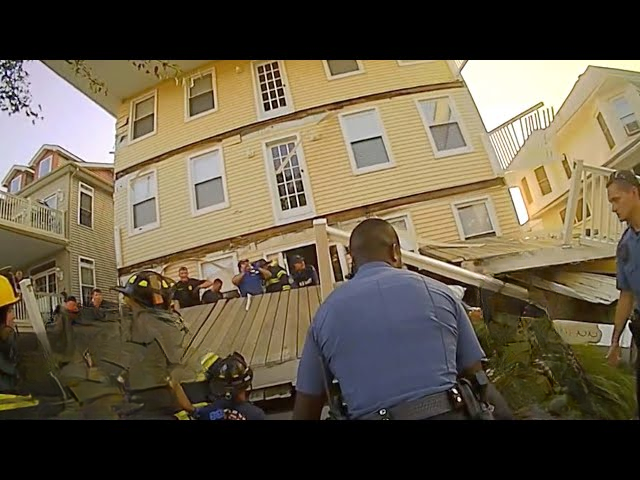She spent years making it clear I wasn’t good enough for her son. So when she died, I assumed I’d be forgotten. But one unexpected condition in her will changed everything.
They say funerals bring out the best and worst in people. In my case, it was mostly the latter.
It was a cloudy Tuesday morning, and I was standing by the church entrance, arms wrapped around myself, watching a steady stream of black coats and solemn faces shuffle past. My husband, Eric, stood to my right, silent and stiff, his eyes glued to the casket as if trying to memorize it.
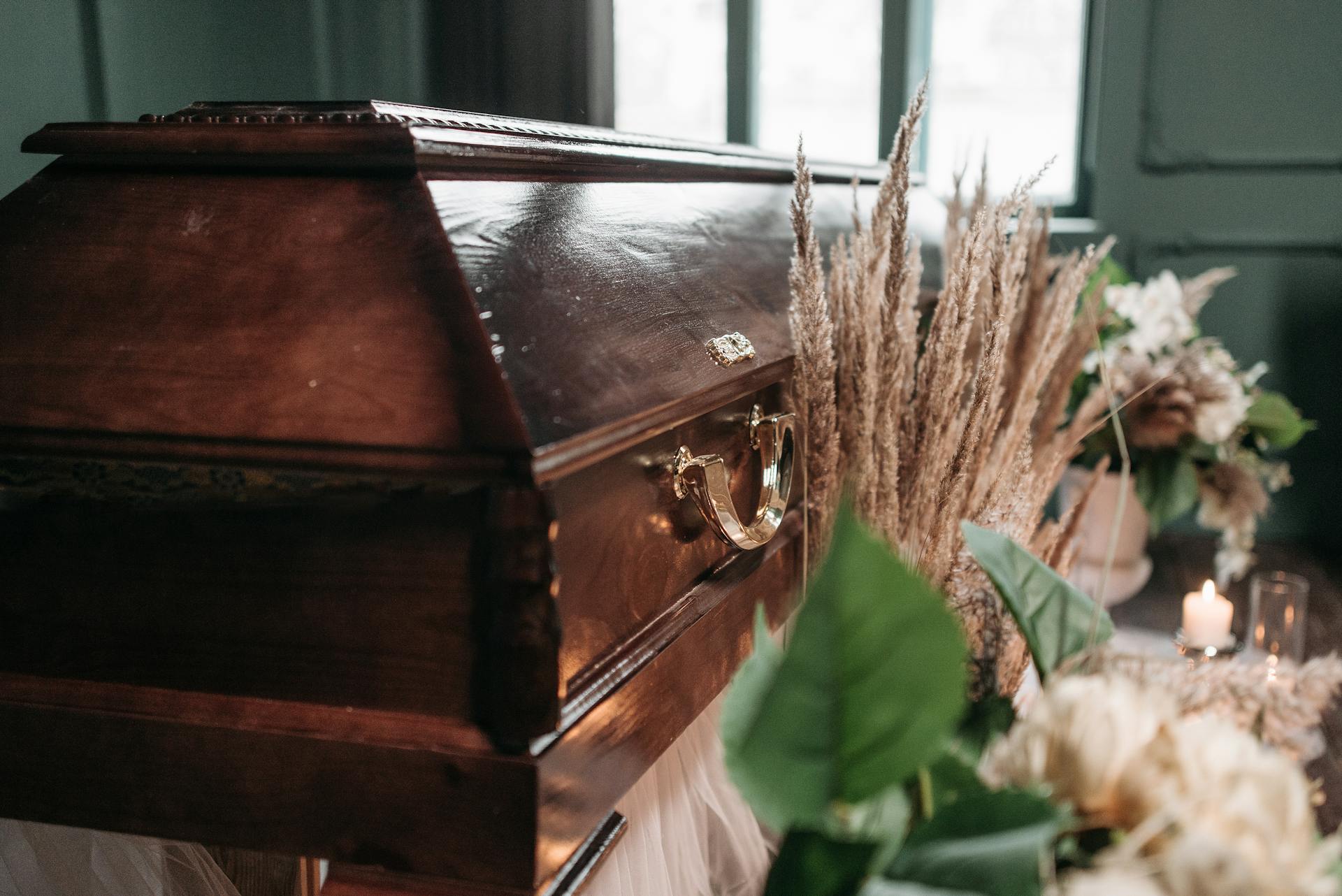
He hadn’t said much since his mother passed away a week ago. I couldn’t blame him. Grief settles on people in different ways, and with him, it was quiet. Heavy. Like an anchor.
His older brother, Mark, was a different story. He stood near the front pew, dabbing at the corners of his eyes with a monogrammed handkerchief, but the smug twitch of his lips gave him away.
You could practically see him doing the math in his head: stocks, bonds, the mansion in Connecticut, and the antique collection Susan guarded like a dragon.
I wanted to feel something. Not grief, exactly, since that ship had sailed years ago, but at least a twinge of sadness. A tug at the heart. Anything. I stood there trying to recall a moment, even a small one, when Susan had been warm to me. Kind. But it was like trying to pull warmth from a stone.
From the first time we met, seven years ago, she had made it clear I wasn’t welcome. I still remember sitting at her massive dining room table with a cup of chamomile tea and hearing her say sharply, “You’ll never be part of this family, Kate. Not truly.”
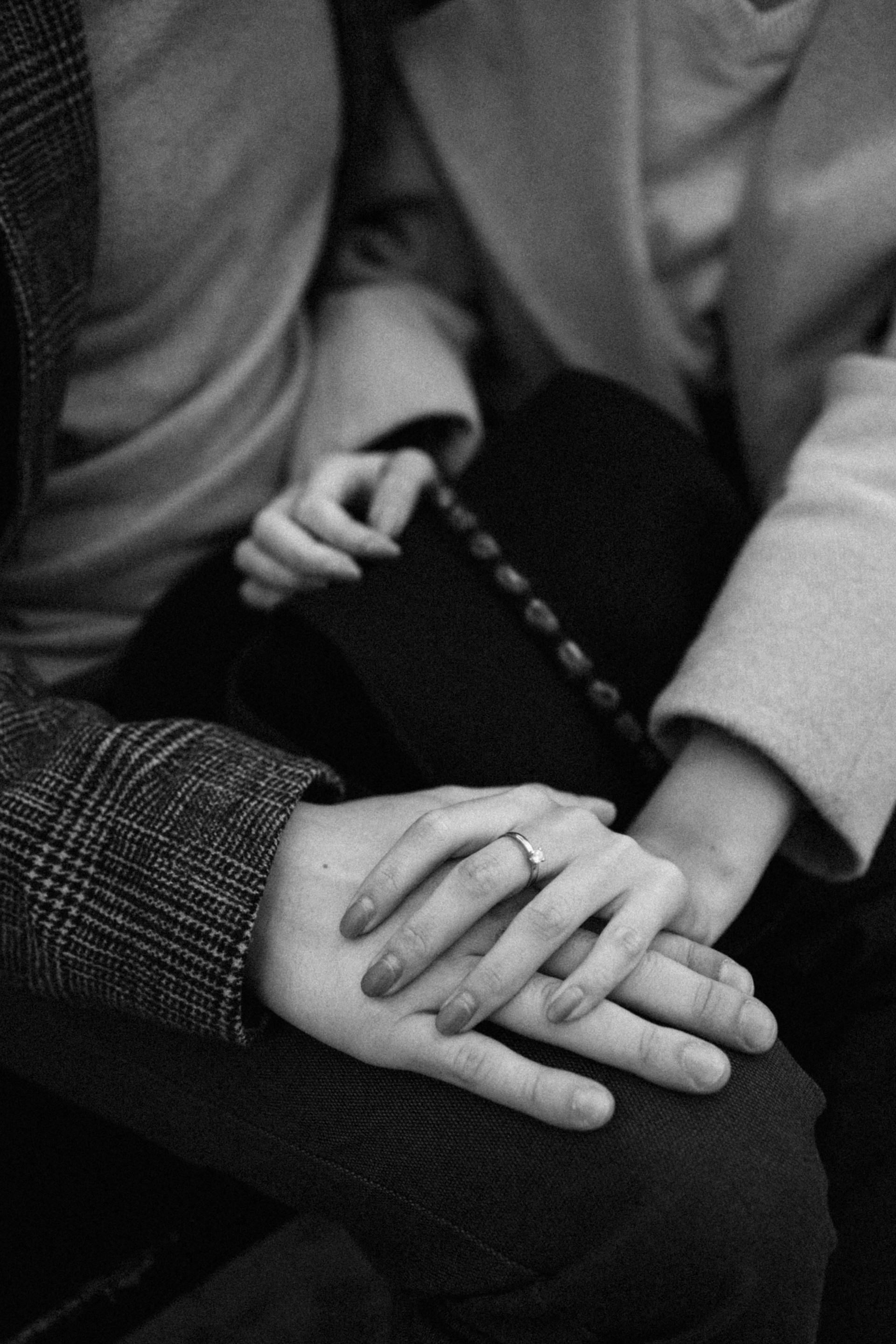
She tried to talk Eric out of marrying me. She even pulled him aside the night before our wedding and asked if he really wanted to throw his life away. That was Susan.
“I just don’t understand why she hated me so much,” I whispered to Eric as we left the service.
“She was difficult with everyone, Kate. It wasn’t just you,” he said, though we both knew it wasn’t true.
Still, she was gone now. And as I sat beside Eric in the car headed to the reception, I made myself promise not to speak ill of her anymore. Not aloud, at least.
Three days later, I got the call.
“Mrs. Carter? This is Alan, Susan’s attorney. We’d like to invite you to the reading of her will. Friday at 11 a.m.”
“Me?” I asked. “Are you sure?”
“You’re listed, Mrs. Carter. We’ll need you present.”
When I told Eric, he placed his hand over mine and said, “Come with me. Please.”
The lawyer’s office was downtown. We sat in a conference room with a long table. Mark was already there, talking loudly on the phone.
Alan, a man in his 60s, began reading the will. It started with legal clauses and donations.
Then he paused.

“And to my daughter-in-law, Kate…”
I froze.
“All her millions, her mansion, and assets all go to Kate.”
Silence.
Mark snapped, “What did you just say? This is a joke! She hated her!”
Alan read it again. It was real.
I didn’t understand. Eric looked stunned. Mark looked like he might explode.
Then Alan added, “There is one condition.”
My stomach dropped.
The condition was written in a sealed addendum. When he opened it, he read:
“Kate must adopt a specific child. Only then will she inherit the estate.”
My breath caught. “A specific child?”
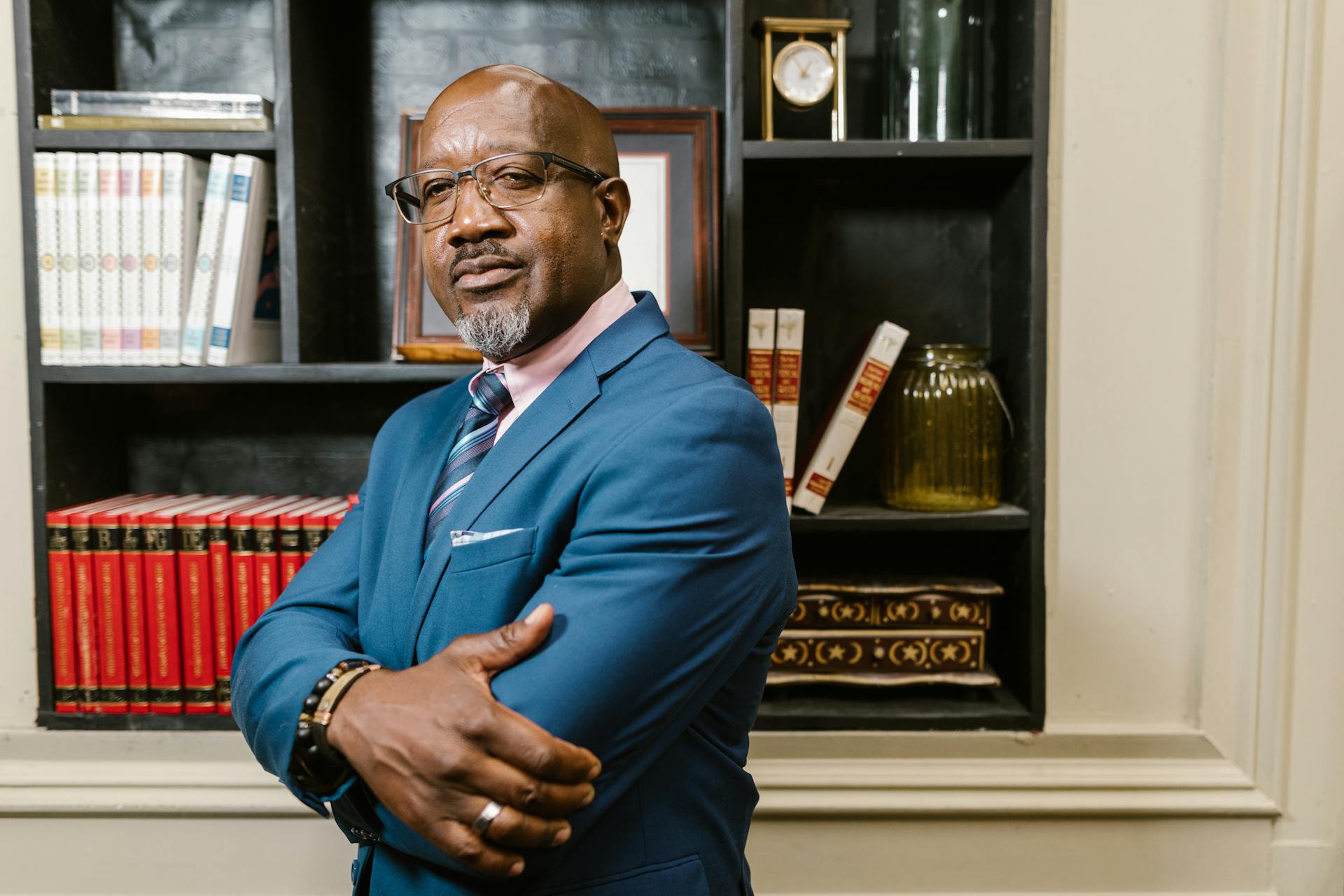
Alan slid a dossier toward me. The child was a five-year-old boy named Ben, living with a foster family.
Nothing made sense.
“Why this boy?” I asked.
“Susan gave no explanation,” Alan said. “If the adoption is not finalized within four months, the estate goes to charity.”
Eric suddenly pushed back his chair and rushed out of the room.
I followed him to the car. He sat gripping the steering wheel.
“Eric, what is going on? Do you know this child?”
His voice was tight. “Kate. Promise me you won’t adopt him. Promise you won’t look into who he is. We don’t need the money. This needs to stay in the past.”
“What past?” I asked.
“Just promise me.”
He looked terrified. I agreed — even though the promise felt bitter.
Weeks passed. Ben’s smile haunted me. So did Eric’s fear.
Finally, after Eric left for work one morning, I took the dossier and drove to the foster home.
The foster mother seemed to recognize me. “You’re Kate?” she asked. “Susan warned me about you.”
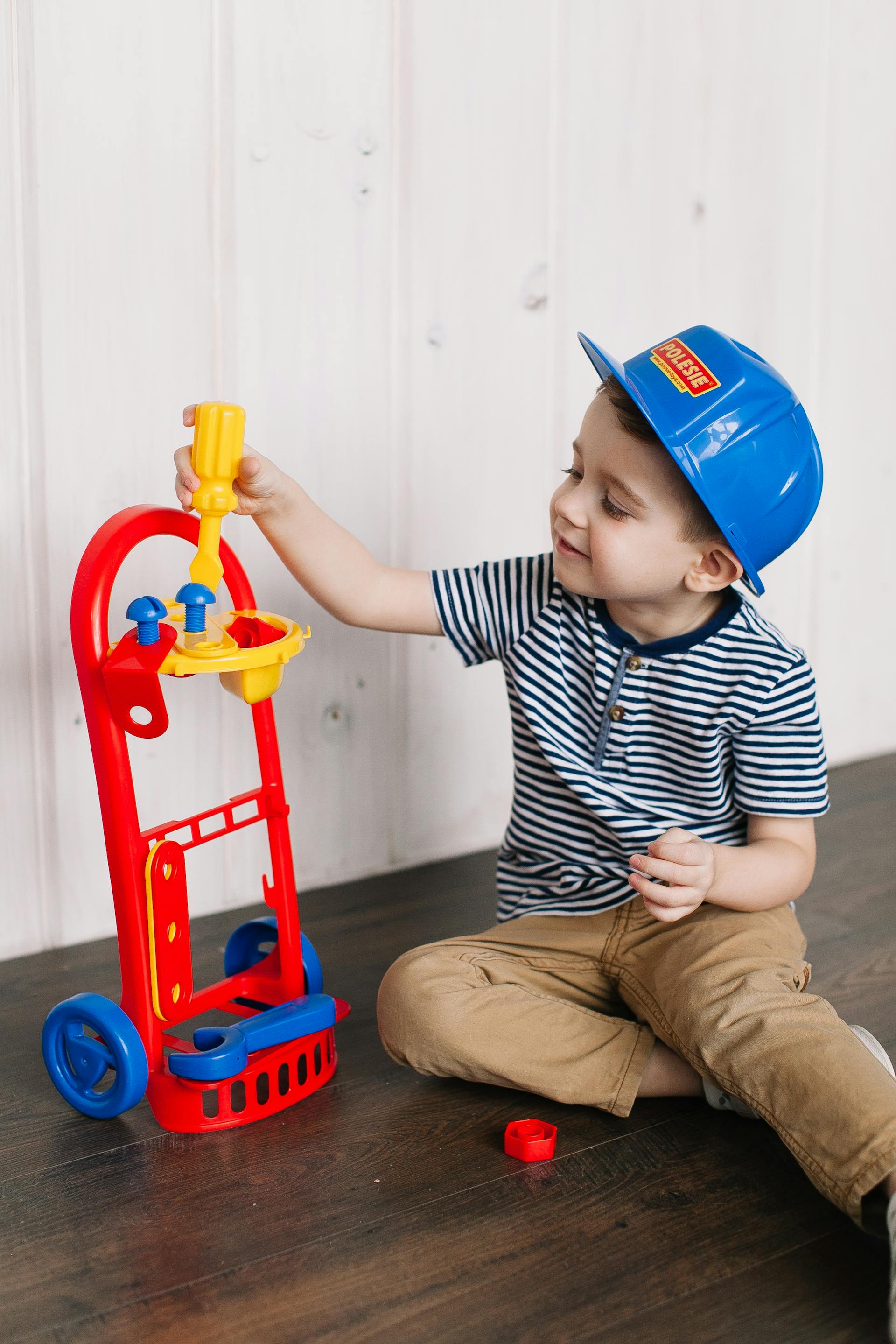
She let me in.
Ben came out holding a toy truck. “Are you a friend of Grandma Susan?” he asked.
Susan had visited him. Brought him cookies. My chest tightened.
Before I left, the foster mother gave me an envelope.
“Susan said to give this to you only if you came alone.”
In my car, I opened the letter.
It was from Susan.
She apologized for her cruelty. She said she never actually hated me — she hated what I represented: what her son had thrown away.
Then came the truth.
Ben was Eric’s son.
Born from an affair five years earlier.
The child’s mother had died in childbirth.
Eric wanted nothing to do with him.
Susan secretly followed the boy, visited him, ensured he was safe — but couldn’t take him herself. She believed I had “more love in me than anyone she’d ever known” and hoped I would give Ben a home.
I cried as I read her words.

When I returned home, Eric saw the letter and froze.
“You went,” he whispered.
I handed it to him. He read it with shaking hands.
“Kate… please don’t leave me. I panicked. I didn’t know what to do. I thought if I ignored it, it would go away.”
“You made me promise not to take him,” I said. “Not because of money, but because you were terrified of the truth coming out.”
He sobbed. “I was scared you’d see me differently.”
“You let your son move from home to home just to protect yourself.”
He broke down.
“I will adopt Ben,” I said. “Not for the inheritance — for him. He deserves a home.”
He begged me not to leave.
“I’m not leaving because you cheated,” I said. “I’m leaving because you abandoned your own child.”
I walked out.
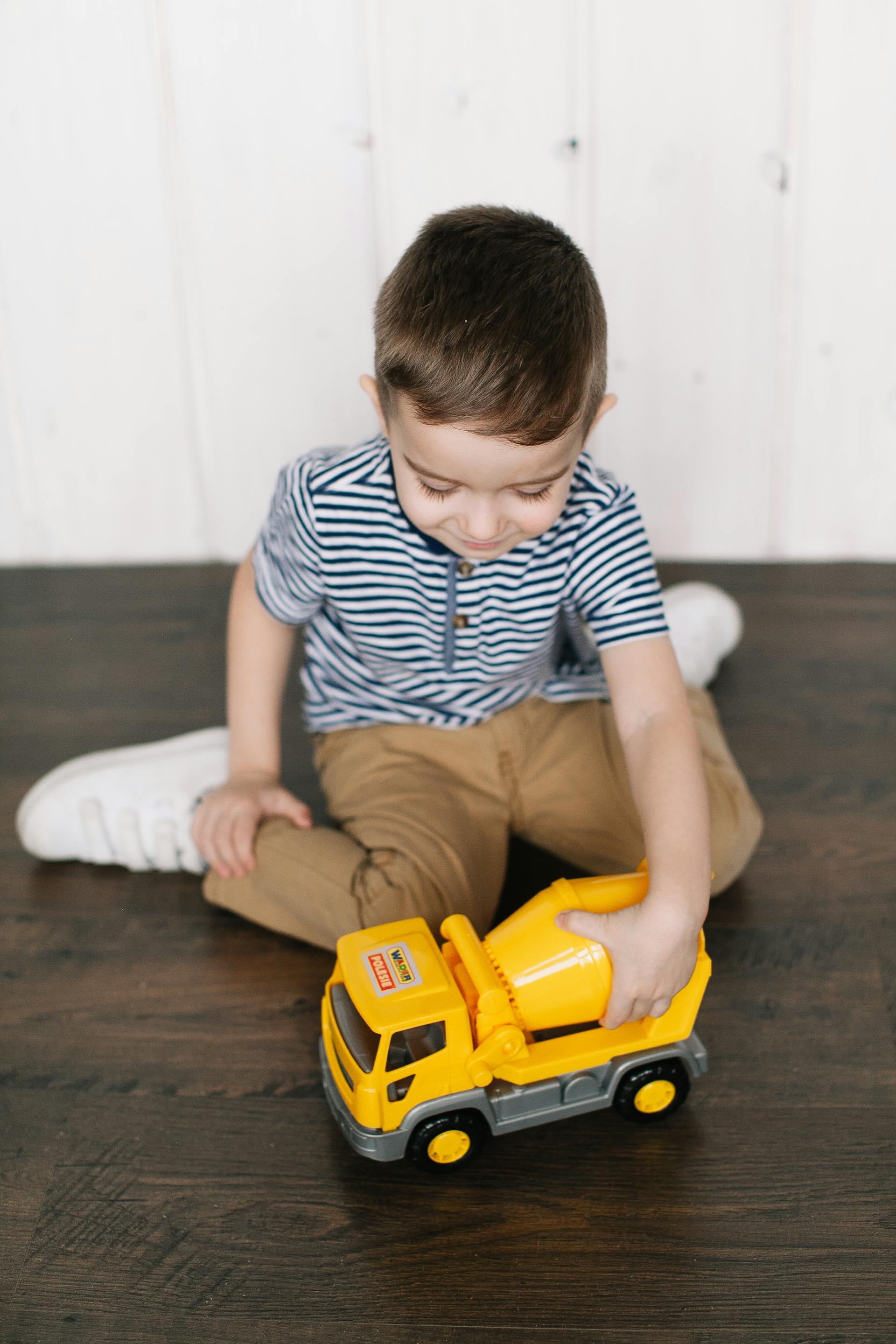
I moved in with my mother. For the first time in years, I slept peacefully.
Two months later, I filed for divorce.
Four months later, I adopted Ben.
And for the first time in my life, I found myself.
I found motherhood.
I found peace.
And I found gratitude toward the woman who once hated me — because in the end, Susan gave me the greatest gift of my life:
She gave me my son.

